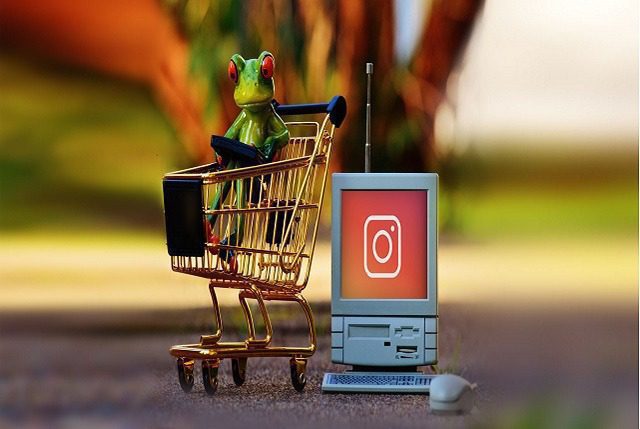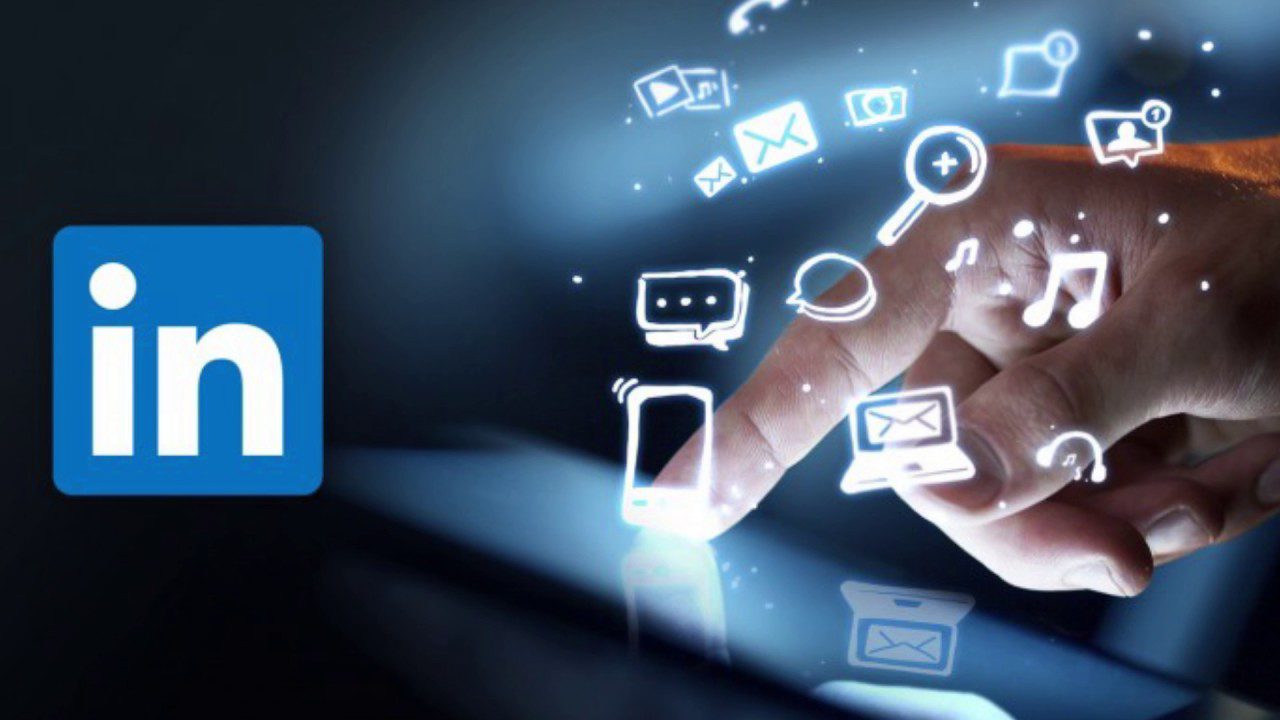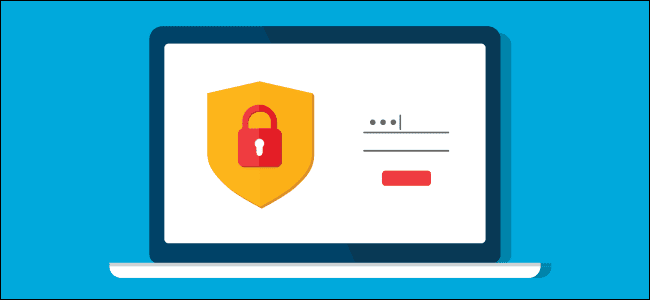
It’s lurking security threats against each working online, but more especially against a digital marketer who handles one website where they usually distribute their content channels and accounts of social media.
In case of a major breach, both business information and information about clients could be revealed and this will affect the bottom line of everyone.
With new ways of stealing private data emerging every day, the value of various web securities in digital marketing is therefore ever-increasing.
But what are the most common securities’ loopholes? How about protecting your digital marketing efforts and getting the benefits of all the types of technology that are emerging in the trends?
Areas of Importance of Cybersecurity in Digital Marketing: How Can You Protect Them?
Digital marketing is very important in the safe and privacy-storing treatment of data and accounts online.
For that aim, marketers may only set ordinary security measures that everybody would use to save his privacy. There are also some specifics obvious only for professionals who work mainly online.
Here are some of the most important areas marketers must consider.
1. Social Media and Account Passwords
- The world of social media gives the desired detailed cybersecurity challenges for a digital marketer.
- First, we rely on security in the platforms in them-self without being necessarily ignorant that large-scale data breaches can take place in one or another form.
- But because that’s largely out of our control we must focus on what we can do or in other words be vigilant of our own behavior.
- A wrong click on the link or not properly logging off from a shared device hampers the reputation of a brand at stake allowing access to the information required to be secured.
- The following are the guidelines to be followed while managing social media accounts so as to reduce security threats:
- Always result in having only strong passwords, i.e. that are not less than eight symbols including those of the upper and lower case, numbers, and even special characters.
- Take away all the rights from your former teammates so they couldn’t post, delete, or edit any materials in the accounts after leaving the team.
- Activate an option for two-step verification so that even when a password has been compromised there’s an additional step to logging in.
- Utilize the service of a monitoring service that checks both the clear and dark web for signs that your account details have been leaked.
- Limit third-party apps and scripts attached according to accompanying permissions.
- Ensure not log in on personal devices but on your separate work device.
- Under no circumstances use marketing or brand accounts for personal purposes.
- If you’re part of a larger team, have someone do editorial work on the content before you post it.
2. The malware of All Sorts
- When working anywhere on the computer system, the first thing to look at is your information protection from various viruses. When customer holding empowers such handling double responsibility.
- The internet is constituting the collaboration of different potential security threats despite simplifying, easing, and adding interest to our lives. Most people love surfing though when surfing there is a probability that being infected with a virus is high. Sometimes just open a browser or email although you do not do anything further.
- First of all, hacking is counted in the major angle of malware, through which hacking gets into your system. It’s done freely by installing the malware in the ads that come in trusted websites. If you click on them then unknowingly install and download malware on your computer.
- There are various types of malware, which may risk your system. These are the viruses that hurt the data and files of the system as well. Use spyware for prevention in order to prevent data hacking of email, password, and recorded data.
- Sometimes the data may be controlled by ransomware whereby they will demand to pay them for them to release the hijacked resources. So, consider always the benefit of web security at the point of accepting to browse and avoid opening suspicious sites.
3. WordPress Security
- WordPress is a much-loved content management system. By this, it means even the hackers know it best.70 per cent of the websites are not optimized for security. So tack onto the security features and install the updates while using WordPress.
- The majority of hackers least want to steal your data or delete files but they do want to overtake your email accounts. And most of the spammers want to use your email id to send spam emails.
- Install the new version of WordPress and the plugins of security which saves you from the threats being incurred in this WordPress. It helps to find the configuration as perfect and the plugins perfect for your protection.
4. Personal and payment details
- This is to remember when making any payments for that matter. After all, hackers will be there looking to capture your password as well as account information. Most importantly, spyware watches your activity by the minute. So when you are logging into your email or payment accounts easily hackers log into your username and password. So the necessity here is to know how to protect this by installing relevant software.
- For instance, if your client is availed fraud through your site then it will harm the reputation of your business and lose your client’s confidence. Client trust and satisfaction is an important perspective of a successful business. Choose PayPal as it is considered to be the safest mode for doing online payment.
5. Non-Human Traffic
- The internet provides the perfect hunting ground for bots that include fraud, scrappers recording links from every page on a site, spam bots, and many more for rogue software. For companies, they need extra protection because their networks can turn out to be sources of a botnet-based attack.
- Sharing among the parties who can track the IP addresses or are capable of exposing false domain lists is another way to overcome this particular problem. Doing testing of CAPTCHA, it can be predicted user is a human. So, it is not wrong to say that web security is one of the main points of digital marketing terms.
Customers as Threats
- It is quite evident that if you are a marketer, you would like to develop sound relationships with the customers but there is always this hesitation that some of your customers will try to deceive you. Fraud may occur many times in marketing campaigns. For that, you need such software which detects fraudulent activities and the user’s information does not go side by side with his persona.
- Notice fraud first. And do it through your website. The quickest way to notice it is through your customer’s zip code and their reported residence. Pay attention to the zip code and the phone number of the customer. Do they match? If not, you know something smells fishy. In order to prevent this, your site should have an elaborate lead validation script.
- You should also review login activity, such as the IP address that traffic is coming from. Many leads {coming into|coming to} you from the same IP address could be indicating fraud. You could also follow up on leads that look suspicious – for example, sending out “customer surveys” asking for more information.
- Finally, if a lead or retail sale fails the validation process and you tell them why, you just help them to commit fraud. They will easily change the information that you find suspicious. Just accept the lead, but don’t give sales credit for it. Block the IP address where the lead came from and don’t do business with them again.
FAQ
1. What is the importance of website security?
Web security is important because it stops hackers and cyberthieves from gaining access to sensitive information. A lack of a proactive security strategy leaves businesses totally open to the spread and escalation of malware, attacks on other sites’ networks, as well as their own IT infrastructures.
2. What is the importance of a website in digital marketing?
This will also help in targeting customers efficiently by connecting a website with your digital marketing efforts. These could involve the use of emails, advertising, and social media which in turn links back to your website enabling you to engage with leads on the channels they use most.
3. What is an important part of website security?
Web security is pivotal to fending off hackers and cyber thieves away from sensitive information. Without a proactive security plan, businesses are always at risk of malware spreading and escalating different attacks on other websites, networks, and other IT infrastructures.
4. What security should a website have?
If a website is really secure, the URL would start with “HTTPS” instead of the usual “HTTP”. With “HTTPS,” the extra “S” just stands for the site owning a Secure Sockets Layer (SSL) Certificate. The SSL certificate is used to secure all data that is passed from the browser to the website’s server.
Final thoughts
In simple words, hackers are always updating the software to crawl the internet, rob information, or just mess things up. All the web platforms, payment systems, and social media sites that you love using need to have all possible safeguards in place. Monitoring your site for intrusion or suspicious behavior is a must too. You have to integrate your security measures for your digital marketing campaigns just as with any online activity.
Author’s Bio
Andrea Crook, I am the Marketing Manager at Digitalize Trends. My role is to research & ideate on trending topics & need to write niche content as per industry norms. To help & provide relevant information to the community on trending technologies.








